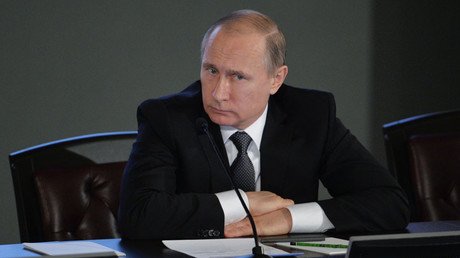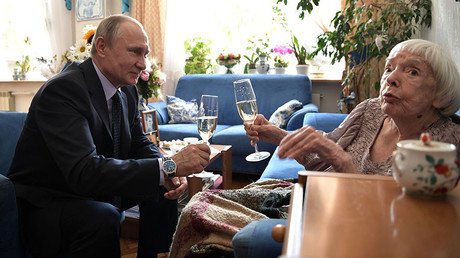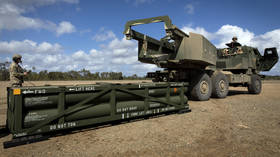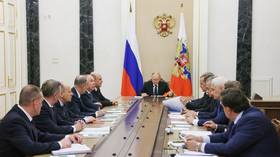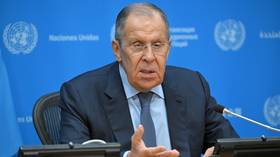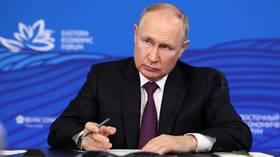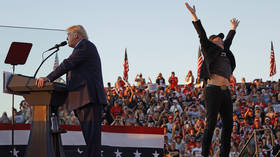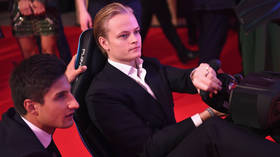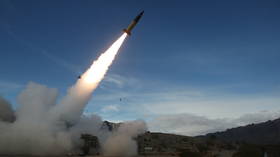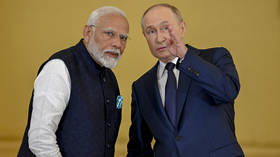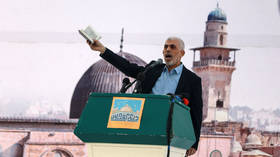Theater festival, Russian Red Cross NGO awarded largest presidential grants
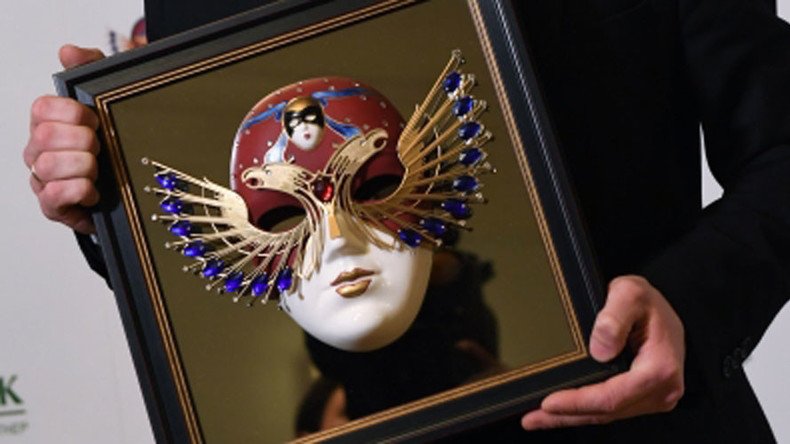
The Russian Presidential Foundation for Civil Society Development has distributed state grants for 2017 among about 1,000 NGOs, with the Russian Red Cross and the Golden Mask theater festival being allocated the largest sums.
The full list of 1,023 projects from 970 non-commercial groups that will receive state funding was published on the foundation’s website on Tuesday. This is the first year in which state grants are being distributed by a single operator. The projects will be implemented in 79 of Russia’s 85 regions.
The largest grant of 50 million rubles (over $833,000) was awarded to the Golden Mask Festival NGO to assist it with holding the theater festival of the same name and to help fund the 2017 Russian National Theater Awards. The Russian Red Cross received over 20 million rubles (over $333,000) for a nationwide program promoting blood donations.
Other large grants were awarded to the Moscow Association of War Veterans Groups for an internet project aimed at educating people about World War II and Russia’s role in it (about 14 million rubles or $233000), the Association of Volunteer Centers for its plan to set up a federal center with resources for various volunteer projects (just under 12 million rubles, or $200,000), and the School and Urban Sports League for its Urban Coach program (over 11 million rubles, or about $183,000).
Other projects included programs aimed at improving the culture of charity in business organizations, the promotion of healthy living, environmental projects, and defense of the rights of convicted criminals who are held in prisons and penal camps.
The youth branch of the Russian parliamentary majority party United Russia – the Young Guards group – did not receive a grant, despite filing an application.
The head of the Presidential Human Rights Council, Mikhail Fedotov, said that he was satisfied with the results of the process, adding that the first attempt at the new form demonstrated better administration and simpler rules and procedures for participants, as well as transparency in the selection process.
Fedotov also noted that NGOs with ‘foreign agent’ status (meaning the group is sponsored from abroad while engaging in political activities) participated on equal grounds with those without the label. “What is important is the particular activities of any given group and not whether this group gets foreign funding. If it is engaged in activities that are beneficial for society, the state must support it,” reads the official’s statement published on the council’s web-site.
In mid-July this year, the head of the Presidential Foundation for Civil Society Development told reporters that the amount of funds distributed by the organization had increased from 4 billion rubles in 2016 to almost 7 billion in 2017.
At the same time, the head of the Commission for the Development of the Non-Commercial Sector and Support for Socially Oriented NGOs of the Russian Public Chamber, Elena Topoleva-Soldunova, told reporters that from 2017 the groups that receive state funding would have to publish reports on how they spend the money.
According to the official, the measure will improve the transparency of the grant distribution process and also inform the public about the work of state-funded NGOs.
